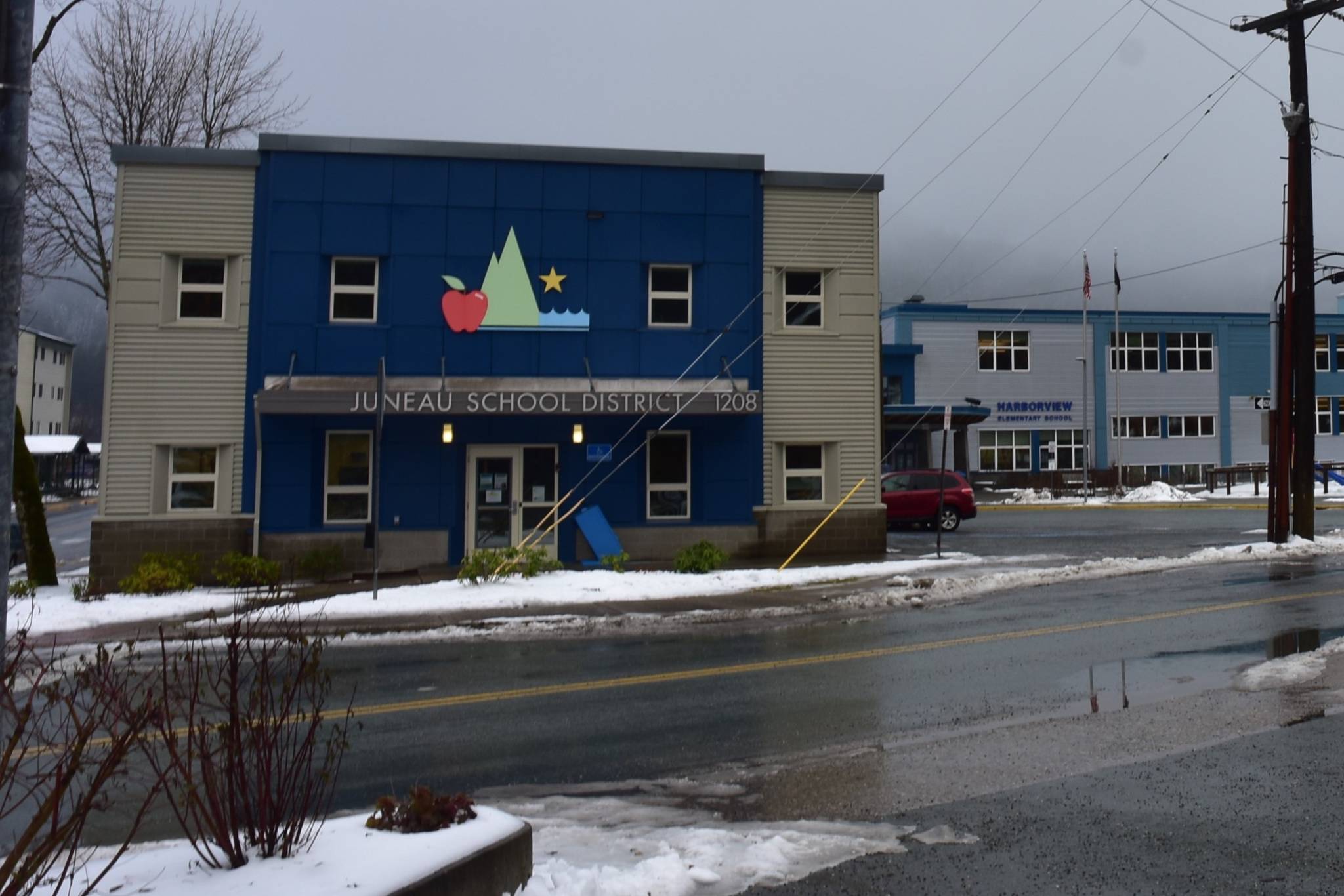By Win Gruening
Is anyone paying attention?
Scientific evidence continues to mount that K-through-12 schools can operate with face-to-face learning and do so safely and responsibly. Yet school boards and government officials across the country continue to bow to pressure from teachers unions and some parents to keep schools closed.
Many healthcare professionals world-wide are now recommending an alternative approach rather than continuing extended lockdowns and school closures that cause irreparable damage from educational, physical, and mental health impacts.
Locally, Bartlett Hospital Chief Behavioral Health Officer Bradley Grigg, told Juneau Assembly members that hospital personnel have treated an unprecedented number of kids experiencing high levels of stress, thoughts of self-harm and suicide attempts over the past seven months.
In the nine months prior to the beginning of the pandemic in March, 37 children under age 18 received psychiatric services and 3 children were seen by Bartlett Hospital personnel as a result of suicide attempts. In the six-month period since, 85 children received psychiatric services — 12 children for attempting suicide — 7 of those, age 13 or younger. This does not include cases handled by other mental and behavioral health providers in Juneau.
This is an astounding increase in psychiatric caseload for a town the size of Juneau. Absent the pandemic, parents and schools would have declared it a health emergency by now.
New York Times columnist Nicholas Kristof’s recent op-ed states what now appears obvious:“When Trump was right and many Democrats wrong.” He describes how government authorities have ignored the data and science when it has become increasingly clear that schools, do not appear especially elementary schools, to have been major sources of coronavirus transmission, and remote learning is proving to be a catastrophe for many low-income children.
Yet decisions to close schools or not reopen them have continued to multiply in the latest pandemic surge.
American school districts initially responded to the pandemic by shuttering many public schools and turning to remote learning, even as many businesses have stayed open or reopened. Much of Europe pursued the opposite route, doing everything possible to keep schools operating — and the evidence suggests that Europe had the smarter approach.
Instead of acting on this information, school authorities seem more intent on promoting the narrative that everyone is equally at risk of contracting and transmitting Covid-19 with no differentiation between vulnerable groups and our school age population.
The Anchorage Education Association, a teachers union with about 3,200 members, cited a survey that reflected most Anchorage teachers — about 80% —
are afraid to return to classes, and many also do not believe the district is properly prepared to mitigate COVID-19 risks.
Predictably, school opening plans were derailed again when their planned November 16 re-opening was postponed until next year.
In Juneau, a modest proposal to re-open school for a small cohort of kindergarteners was postponed as community infection rates increased. Yet, bars and restaurants and many other retail establishments stayed open – albeit at reduced capacity.
It’s time to ask again: What are our priorities?
The evidence of the human cost of school closures is beginning to surface. Absenteeism, failing grades, and skyrocketing mental health issues indicate that virtual learning is significantly less effective than classroom instruction and school closures are inflicting a crushing impact on working parents and children’s mental health.
The emotional toll on our young people cannot be over-stated.
The lack of social interaction and physical activity combined with academic struggles have produced a level of stress that most young people are ill-equipped to handle.
How many children, not yet identified, are suffering from the damaging psychological and educational impacts of school lockdowns? If the safety of students is not threatened, on the whole, by Covid-19 and students are minimally contagious if infected, how can our elected School Board and Assembly ignore the longer-term effects of Covid-19 lockdown measures?
While there may occasionally be reasons to close a school temporarily, it must be seen as a last resort. Because it affects so much more than academics, education must be viewed as an essential activity and school officials should recognize that school buildings are the safest place for students to be.
• Win Gruening retired as the senior vice president in charge of business banking for Key Bank in 2012. He was born and raised in Juneau and is active in community affairs as a 30-plus year member of Juneau Downtown Rotary Club and has been involved in various local and statewide organizations. Columns, My Turns and Letters to the Editor represent the view of the author, not the view of the Juneau Empire. Have something to say? Here’s how to submit a My Turn or letter.

